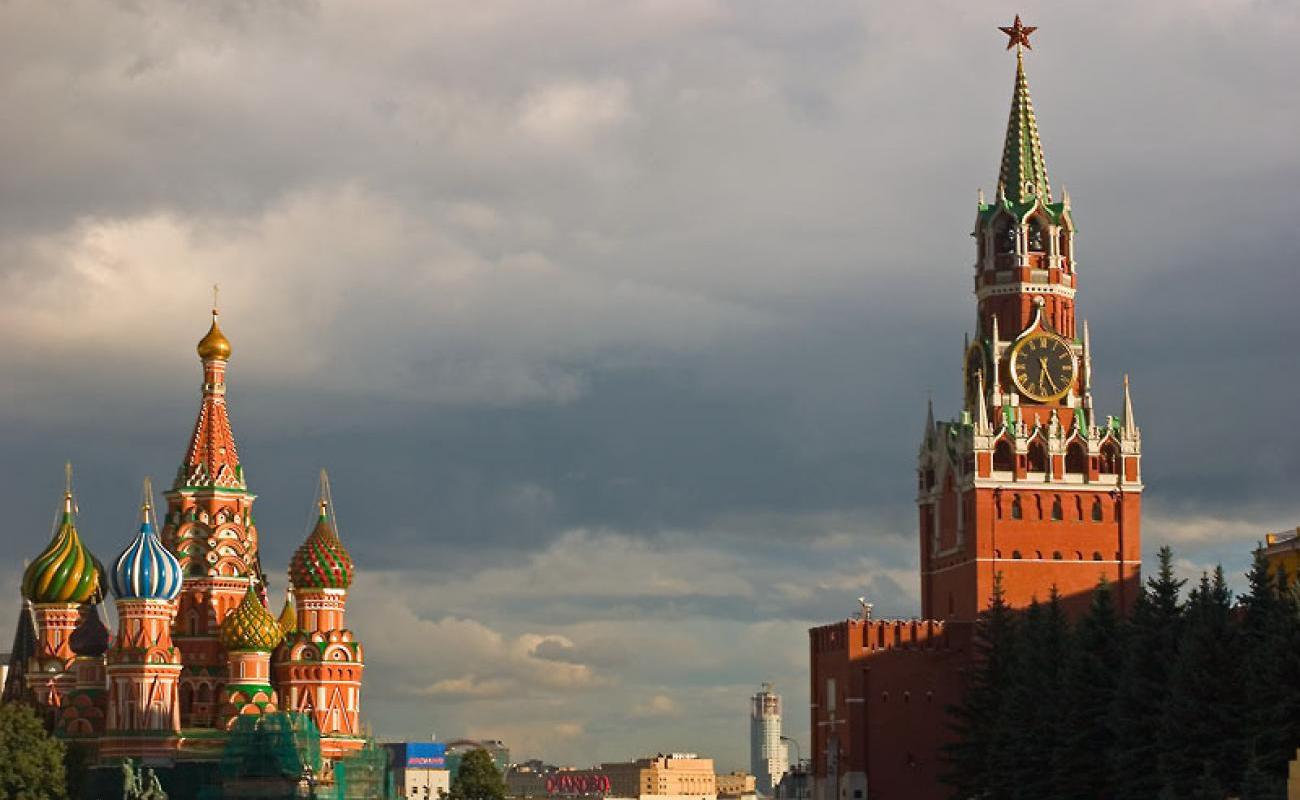Serbian-Russian Center Mayak: A Way to Realize Russian Interests in the Balkans
Throughout history, Russia has always been a pretender to the Balkans and has tried to realize its goals in various ways. As the political and security architecture changed over time, so did Russia adapt to the time and manner of achieving its goals.

The current situation in the world, political, economic, technological and security, dictates a completely new approach to the realization of Russia's foreign policy goals in this part of Europe.
Once upon a time, international relations, especially during the Cold War, were dominated by heavy military force. However, circumstances have changed, so that new forms and methods are being found to achieve dominance in areas of interest.
Russia produces and spreads the so-called "soft diplomacy" with which it wants to achieve its set goals. Instead of deploying military troops on the ground, Russia is looking for collaborators in the political life of the countries of the Western Balkans, and in that way exerts influence and expands its interests. Their goal in the Western Balkans is to maintain the status quo, prevent the expansion of NATO, slow down EU integration in order to disrupt the interests of the West and the countries of the Western Balkans.
They are assisted in this by political leaders, primarily Serbia and the RS entities in BiH. For this type of cooperation, Russia uses a lot of economic resources, which of course do not benefit the community, but only individuals. There are probably other benefits that support this collaboration. Information agencies, such as Sputnik Serbia, various associations and organizations under the guise of cultural, scientific or some other type of cooperation, are being established as instruments to help collaborationists in the field.
One such center is Majak, founded as a non-profit, non-governmental organization with the aim of promoting cultural and spiritual ties between the two nations.
If we go to the official website of this organization, we will see that it is primarily engaged in promoting Russian interests in the Balkans and strengthening the ethno-national goals of Serbia in this area. In short, the dream of a greater Serbia and how it lives, and Mayak aims to portray Russia as a decisive factor that will lead to the homogenization of the Serbian national corps, so that finally all Serbs in the Balkans live in one common state.
The war as a way of realization was currently abandoned, and the goals remained the same as during the war of the 1990s. The Mayak Center is a glaring example of how Russia is expanding its influence among the people by playing the card of emotional and spiritual ties between the Serbian and Russian people throughout history. The influence of such organizations, no matter how small, is not negligible at all, because together with the pro-Russian media, they form a network that operates on the ground every day.
If you look at the statistics of economic cooperation between Serbia and Russia in relation to that cooperation with the EU, it is negligible. If you conduct a survey among the people about the importance of Russia for Serbia, then we understand that Russia dominates in relation to the EU. For
such a distorted picture of mutual relations, we should first of all thank such pro-Russian organizations as the Mayak Center.
What works for Russia and the organizations it establishes and supports throughout the Balkans are several important factors. First, the EU sees the Western Balkans as its periphery where they have neither a common interest nor an approach. Sometimes it seems that some EU members would very much like to leave this part of Europe to the Russian sphere of interest in exchange for certain unilateral benefits. Secondly, the devastation of this area that occurred during the 1990s is not even close to repairing, so we have very weak democracies in this area, high levels of corruption, dependent media, unresolved disputes from the 1990s are coming to the surface every day, all of which Russia has recognized stated above as its advantage. Hence the opening of Russian media branches in the Balkans, centers such as the Lighthouse or the humanitarian center in Nis, which, through their activities, subvert within those countries that want a clear European perspective.
In order to deal with this Russian approach, it is necessary to recognize the bearers of pro-Russian interests, their way of acting and to expose the propaganda they spread through the media on a daily basis. The current engagement of the media in exposing and unmasking Russian activities is not enough, it would be said that it does not exist. It mostly comes down to flash news without any detailed analysis. A way must be found to reduce and neutralize Russian influence through counter-propaganda measures.
